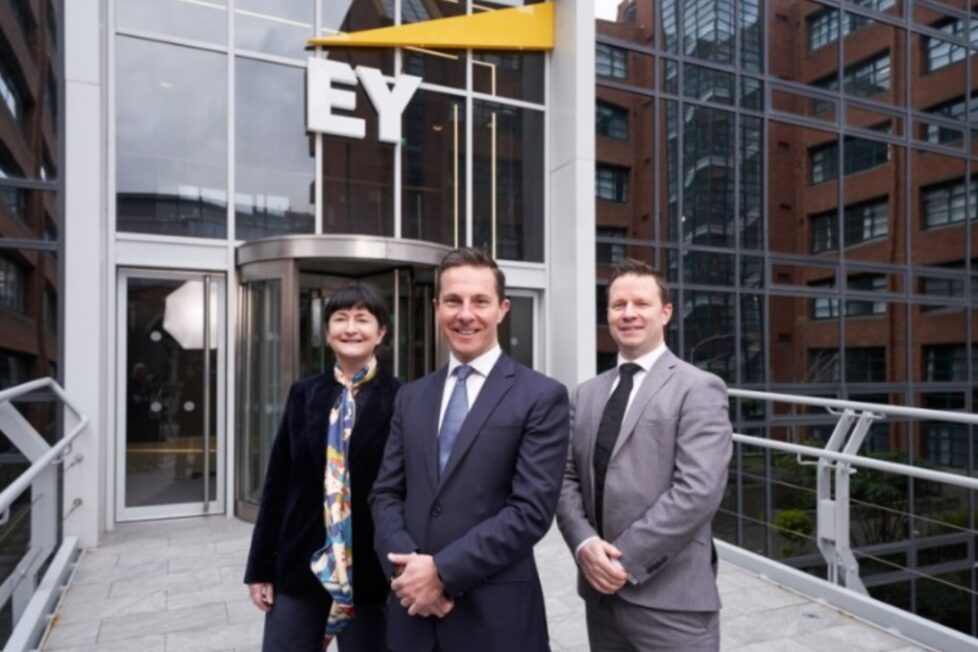EY Launches Sustainable Finance Hub to Help Financials Meet New ESG Reporting, Regulatory Requirements


Professional services firm EY announced today the launch of a new Sustainable Finance Innovation Hub, aimed at supporting financial institutions globally in meeting their ESGEnvironmental, social, and governance (ESG) criteria are a set of standards for a company’s operations that socially conscious investors use to screen potential investments. More regulatory and reporting requirements.
Based in Dublin, the new hub will add 40 specialists over the next few months, spanning the environmentalEnvironmental criteria consider how a company performs as a steward of nature. More, socialSocial criteria examine how it manages relationships with employees, suppliers, customers, and the communities where it operates. More and governanceGovernance deals with a company’s leadership, executive pay, audits, internal controls, and shareholder rights. More pillars of ESGEnvironmental, social, and governance (ESG) criteria are a set of standards for a company’s operations that socially conscious investors use to screen potential investments. More, more than tripling the size of EY Ireland’s existing financial services sustainable finance team. The hub will also be augmented by professionals with sustainability expertise across Europe, Asia-Pacific and the US.
According to EY Ireland Financial Services Country Lead Colin Ryan, the launch of the new hub comes as the financial services sector is faced with a growing set of regulatory requirements, including disclosure deadlines as soon as this year, adding that the hub “will support firms to more effectively report on their activity and will help clients ensure that they remain compliant with the evolving regulatory environment.”
Ryan added:
“The financial services sector plays a central role in the transition to a more sustainable future and we are now significantly expanding our capacity to deliver end-to-end sustainable finance transformation services to clients in the sector. The addition of 40 specialist hires across the three pillars of ESGEnvironmental, social, and governance (ESG) criteria are a set of standards for a company’s operations that socially conscious investors use to screen potential investments. More will see our Dublin hub become a globally significant centre for innovation in the area of sustainable financial services.”
EY said that the team will provide advice to clients on ESGEnvironmental, social, and governance (ESG) criteria are a set of standards for a company’s operations that socially conscious investors use to screen potential investments. More reporting, with a particular focus in areas including biodiversity & nature, EU regulation, and international goals, among others.
The firm added that it anticipates double digit revenue growth over the next twelve months, as it ramps up to meet growing global client demand.
The new hub will be led by EY Ireland Financial Services partner Sean MacHale.
MacHale said:
“The requirement for tangible progress on ESGEnvironmental, social, and governance (ESG) criteria are a set of standards for a company’s operations that socially conscious investors use to screen potential investments. More matters in the financial sector has intensified of late. Firms face pressing regulatory reporting and disclosure demands and must demonstrate transparency and accountability when it comes to the progress they are making towards Net Zero goals and positive environmentalEnvironmental criteria consider how a company performs as a steward of nature. More impacts in a socially inclusive manner.”